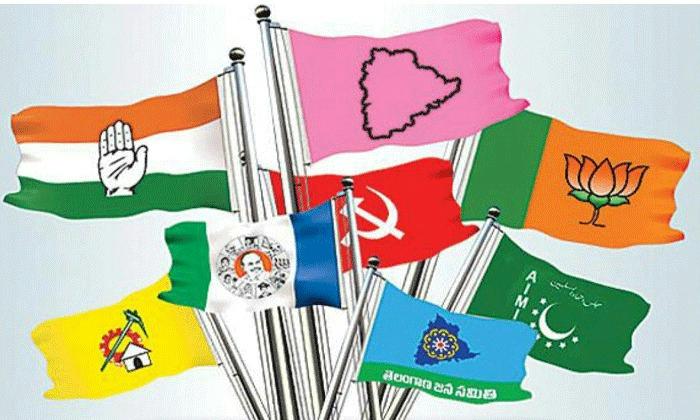- Pravasa Media Content Writer
- Aug 15th 2022
Recognized National Political Parties
A public party has onessss that something like four states have seen by something like four states. One of the going with conditions ought to be met to demand to gain appreciation in a design: It has presumably been locked in with political activities for a seriously significant time-frame.
 English
English













